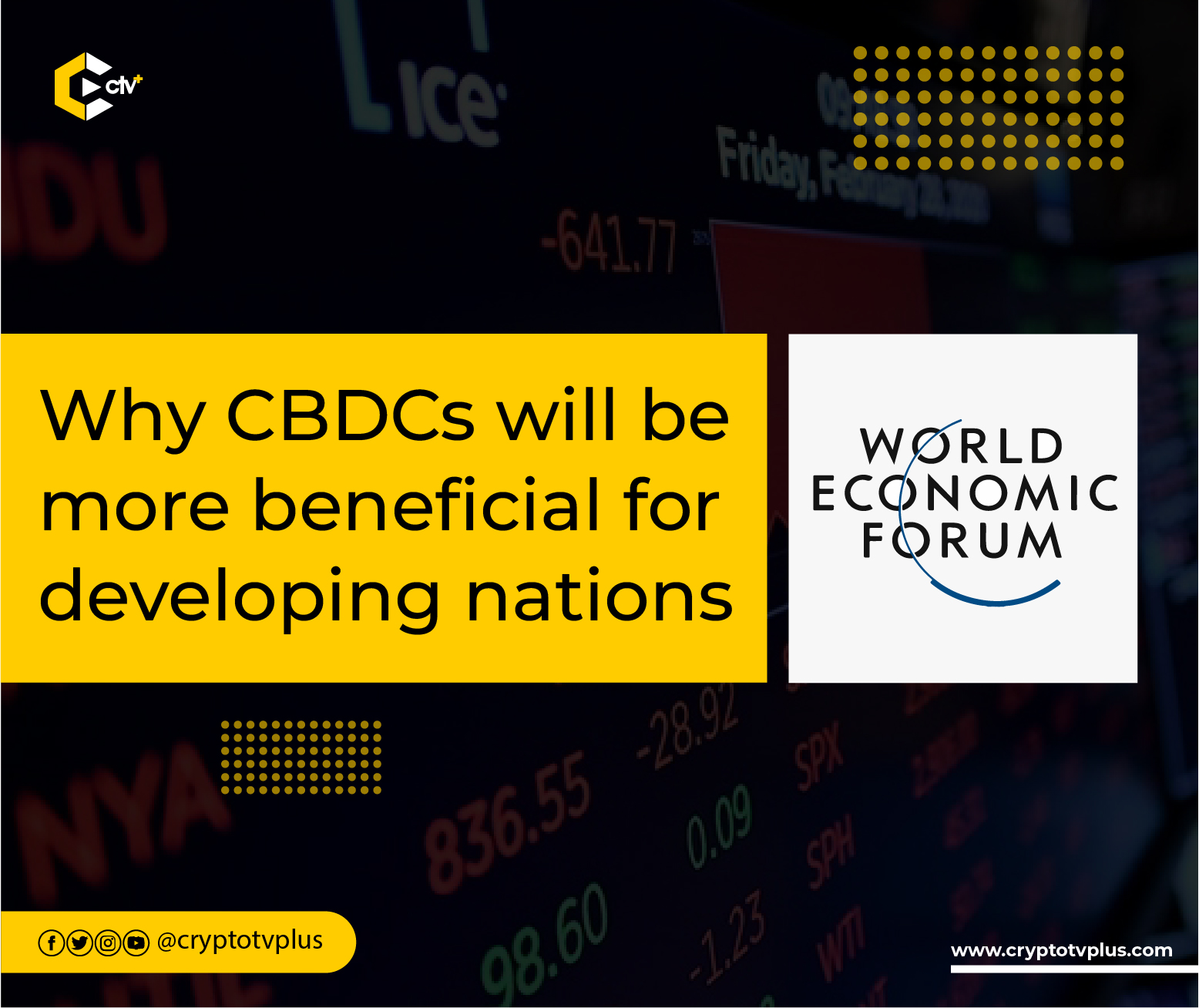FEATURED
Why CBDCs will be more beneficial for developing nations

Since the introduction of CBDCs as an alternative digital currency to cryptocurrencies such as Bitcoin, which will be under the control of central banks, 114 countries, representing (more than 95% of global GDP) are considering CBDC development.
These nations interested in CBDCs are made up of both developed and developing countries, reflecting the fact that a digital currency has huge potential for financial inclusion and other advantages.
Analysing from a stronger standpoint, Mohammed Al-Jadaan, the Saudi Arabian Minister of Finance, believes that CBDCs will benefit developing countries more than developed nations.
The Minister who was speaking at the Davos 2023 event in Switzerland explained the risk involved in crypto makes it more meaningful for CBDCs to be created.
Due to the economic situations of developing nations, a local CBDC can enhance financial inclusivity allowing citizens access to financial services.
However, the government needs to control the use of CBDCs by limiting the value of goods holders can buy such as household cheap items but not expensive gadgets like an iPhone.
Since this will not be easy to manage as several platforms can infiltrate the system, it becomes a challenge that the government and the central banks need to solve.
Supporting the assertion of the Minister, Dan Schulman, President and CEO at PayPal, added that countries are developing CBDCs as a means to go off the control of the West. The sanction of Russia, by taking them off Swift, seems like a blaring lesson for nations to learn from.
Innovate or …
Al-Jadaan stated that on a larger scale, the society is calling for a change in the financial sector. Despite the need to address the challenge of digital currencies for laundering and terrorism financing, the risks from the last crypto crash are insignificant compared to what is to come if these old systems are not changed.
He also added that the G20 meeting that was scheduled to be held in Saudi Arabia but turned into a virtual event, was an eye opener on the need to alter the current financial system. However, regulators need to be part of the transformation to help provide a guide as control.
Banks, regulators, and sustainable finance
Ronald P. O’Hanley, Chairman and CEO of State Street Corporation speaking during the panel session noted that the challenge banks and regulators face is that while innovations [in the financial sector] move ahead of regulations, it gets to a roadblock as it’s implemented.
The big challenge nations need to face is to allow banks to compete with technology innovators while in other cases these innovators provide the foundation for the banks to work, he added.
The Harvard Alumni revealed that aggregation is the future of sustainable finance. He explained that this is because it is difficult for institutions to invest in smaller projects that are focused on sustainability but lack access to huge liquidity. Thus deploying financial tools that will aggregate these projects together will bring about sustainable finance.
Read also;
Banks and Fintech companies are becoming one – President of PayPal

























1 Comment